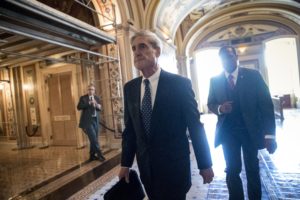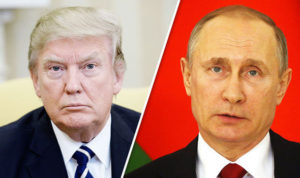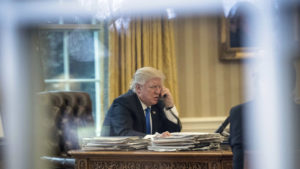I am a bit reluctant to say anything critical about Donald J. Trump taking a vacation.
He’s the president of the United States. He’s never “off the clock.” He travels with a personal aide who carries the nuclear launch codes. His family is protected 24/7 by Secret Service agents. The president is merely a phone call away from being briefed on any crisis that erupts without warning. He’s got stay on his toes at all times. Be nimble. Be ready to react and respond.
The president is never not the president, even when he is relaxing with his family and friends.
I’ve defended presidents of both parties for as long as I can remember over criticism of their vacations.
Then again …
This president has popped off incessantly about vacations. He tweeted something critical in 2011 about President Barack Obama taking time off from the rigors of his office. Trump stated via Twitter: “@BarackObama played golf yesterday. Now he heads to a 10 day vacation in Martha’s Vineyard. Nice work ethic.”
Sheesh, man!
He has said publicly that successful businessmen and women don’t need vacations. Their work should be their relaxation, he has said.
However, he’s taken plenty of time away from the office during his still-brief time as president. Much of that time has been spent at his Florida resort and at his club in New Jersey.
As The Associated Press reported: “Don’t take vacations. What’s the point? If you’re not enjoying your work, you’re in the wrong job,” Trump wrote in his 2004 book, “Trump: Think Like a Billionaire.”
Read the AP story here.
So he’s going to flout his own advice. He’s going to fly to his private golf club in New Jersey for 17 days. It’s a good thing, too.
Repair crews are going to fix the heating and air conditioning system at “the dump” where he lives during the week, meaning the White House.






